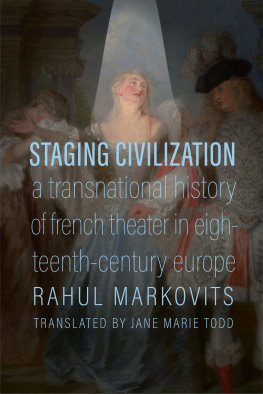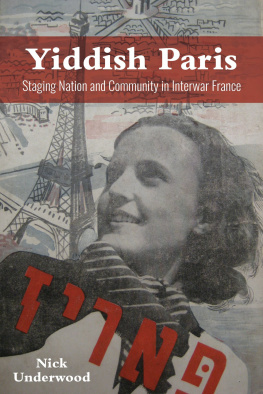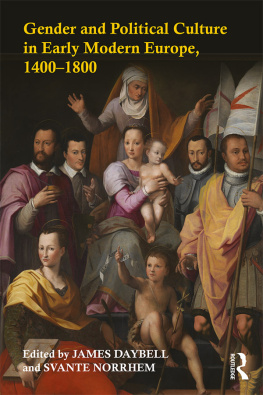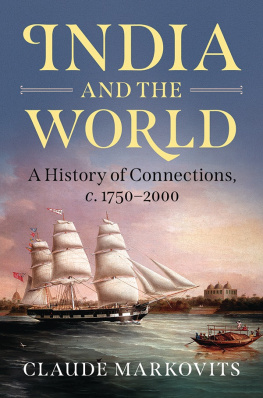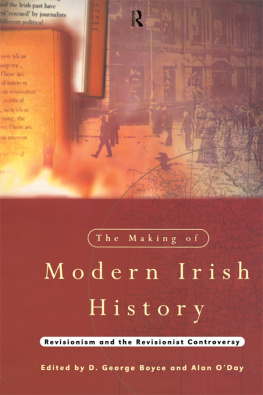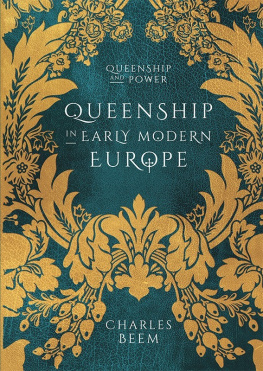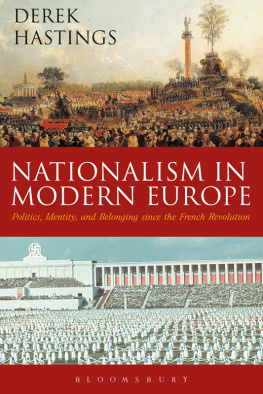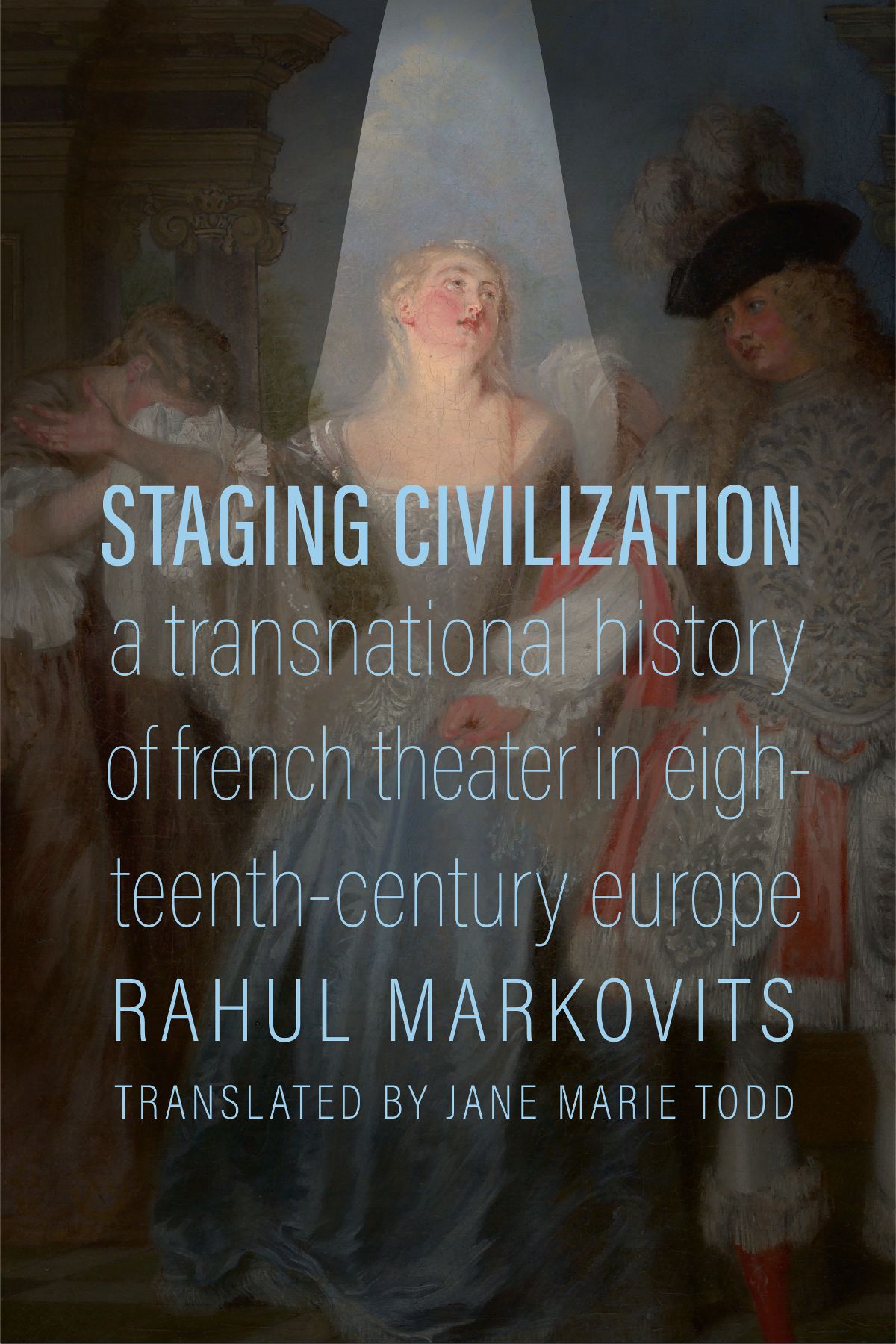
Staging Civilization
Winner of the Walker Cowen Memorial Prize for an outstanding work of scholarship in eighteenth-century studies
Staging Civilization
A Transnational History of French Theater in Eighteenth-Century Europe
Rahul Markovits
Translated by Jane Marie Todd
University of Virginia Press Charlottesville and London
University of Virginia Press
Originally published in French as Civiliser lEurope: Politiques du thtre franais au XVIIIe sicleLibrairie Arthme Fayard, 2014
Translation and foreword 2021 by the Rector and Visitors of the University of Virginia
All rights reserved
Printed in the United States of America on acid-free paper
First published 2021
9 8 7 6 5 4 3 2 1
Library of Congress Cataloging-in-Publication Data
Names: Markovits, Rahul, author. | Todd, Jane Marie, translator.
Title: Staging civilization : a transnational history of French theater in eighteenth-century Europe / Rahul Markovits ; translated by Jane Marie Todd.
Other titles: Civiliser lEurope. English
Description: Charlottesville : University of Virginia Press, 2021. | Translated from French. | Includes bibliographical references and index.
Identifiers: LCCN 2020055766 (print) | LCCN 2020055767 (ebook) | ISBN 9780813945545 (hardcover) | ISBN 9780813945552 (epub)
Subjects: LCSH: Theater and stateFranceHistory18th century. | TheaterFranceHistory18th century. | FranceCultural policyHistory18th century. | EuropeCivilization18th century.
Classification: LCC PN2044.F72 M3713 2021 (print) | LCC PN2044.F72 (ebook) | DDC 792.094409033dc23
LC record available at https://lccn.loc.gov/2020055766
LC ebook record available at https://lccn.loc.gov/2020055767
This work received the French Voices Award for excellence in publication and translation. French Voices is a program created and funded by the French Embassy in the United States and FACE Foundation. (French Voices logo designed by Serge Bloch)
Cover art: The French Comedians,Antoine Watteau, ca. 1720. Oil on canvas. (The Jules Bache Collection, 1949, Metropolitan Museum of Art, NY; www.metmuseum.org )
To my parents, Claude and Piyali
Contents
by David A. Bell
In the eighteenth and early nineteenth centuries, France had greater cultural influence, beyond its own borders, than at any time before or since. Men and women in Europe and Europes overseas colonies saw fluency in the French language as a mark of social distinction and followed French fashions closely. They read French books and they saw French plays. This influence received considerable notice at the timeincluding from nationalists across Europe who sought to diminish itand scholars have remained fascinated by it ever since. But all too often, work on the subject has focused on famous writers and on a handful of canonical texts that either celebrated or protested French dominance. Rahul Markovitss remarkable book is different. It brings a massive amount of new information to bear on the subject and offers an important new interpretation. Drawing material from twenty separate archives in seven countries, Markovits has, for the first time, brought to light the history of French-language theater troupes that worked outside of France during the Enlightenment, the French Revolution, and the Napoleonic period. The book shows that the spread of French theater throughout Europe was a fascinatingly multifaceted phenomenon. It cannot simply be explained by the renown and high quality of the French theater itself, as some recent critics have implied. In some cases, the French monarchy sponsored troupes as an element of cultural policies consciously aimed at increasing French influence. In many other cases, the establishment of French-language theaters outside of France responded to the internal political and social dynamics of the societies in question, notably serving as a means to raise the prestige of particular cities or courts. Sophisticated in its use of cultural theory, the book brings together multiple historical approaches, including work on the history of literary transfer and the transnational circulation of texts; theories of cultural hegemony and soft power; histories of labor and migration; and histories of court culture and diplomacy. It is a model of transnational history. As Lauren R. Clay of Vanderbilt University concluded in her review of the French edition for the
Next page
